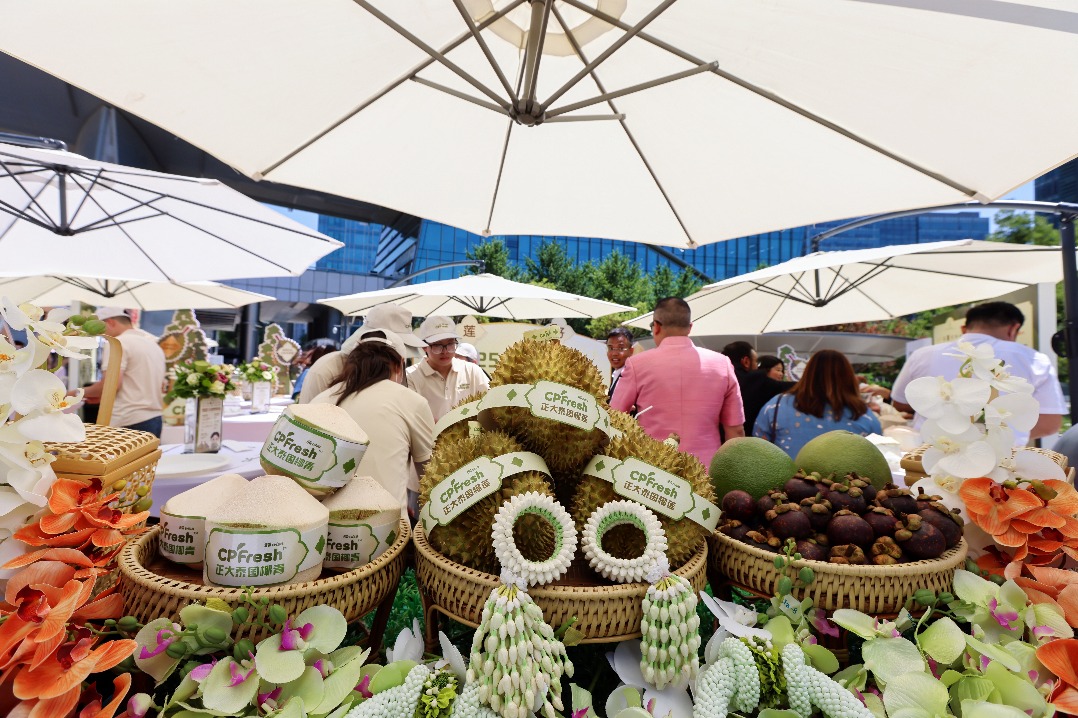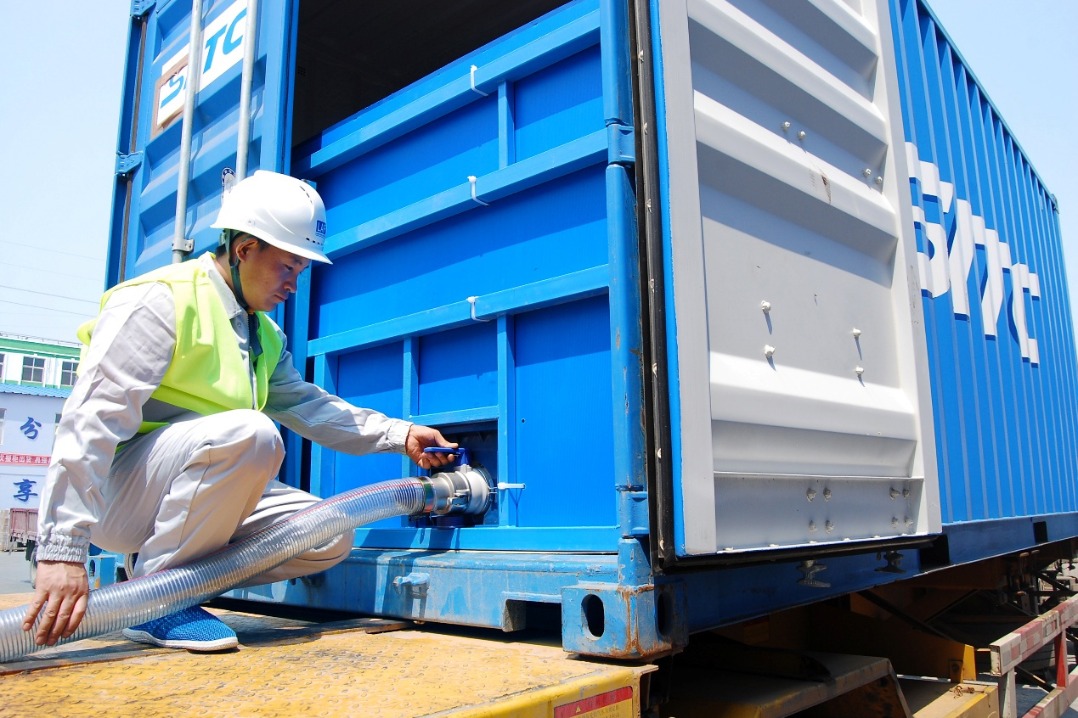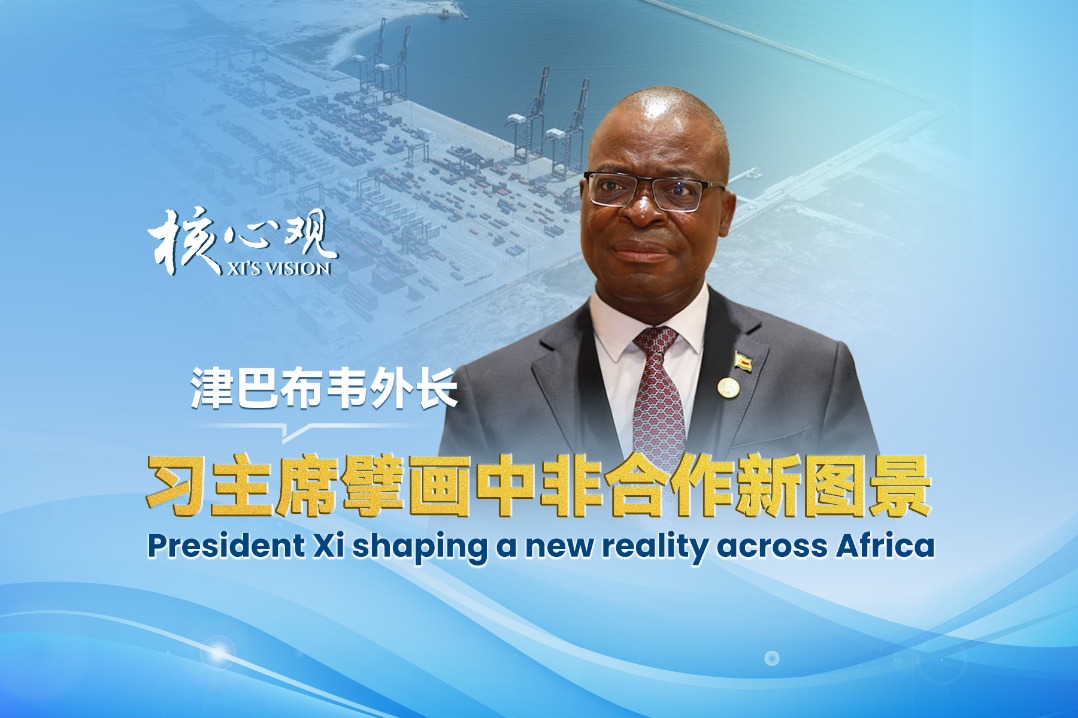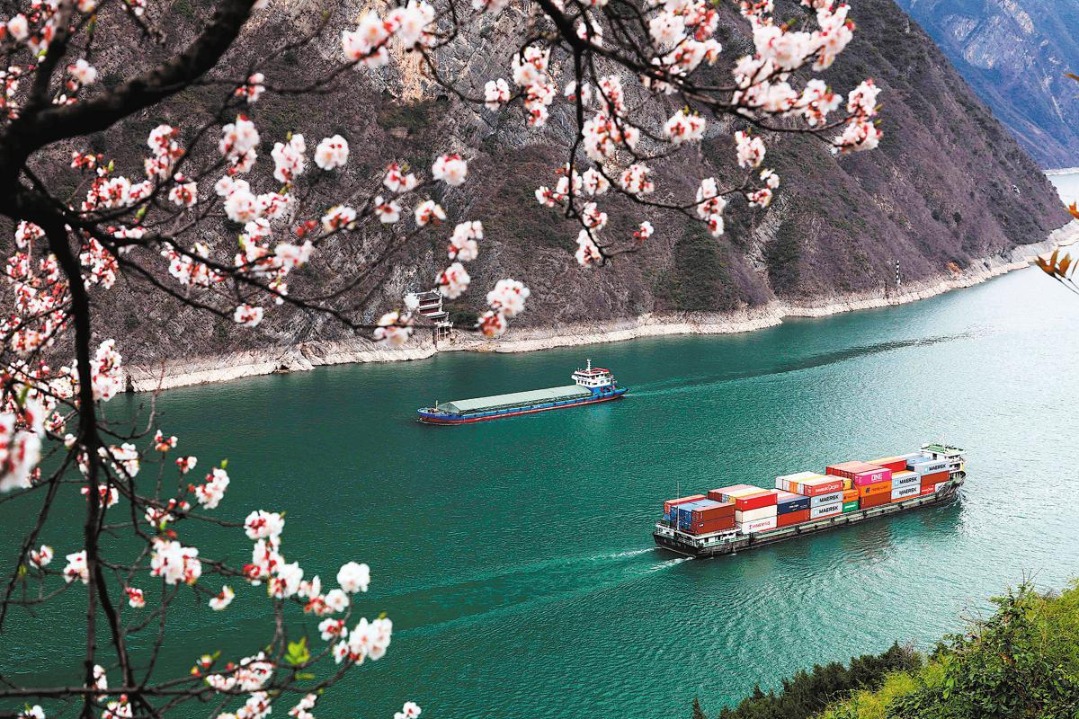Insights for sustainable development: China Daily editorial

The world is confronted with an extremely complex and challenging situation. The rising tensions of regional conflicts, increasing economic uncertainties, and the damaging impacts of unilateralism and protectionism, as well as the existential ramifications of climate change, have all combined to produce a perfect storm. Inclusive dialogue is badly needed on how global development can help countries navigate through these tempestuous times.
The 16th Annual Meeting of the New Champions, which is being held from Tuesday to Thursday in Tianjin, provides a platform for substantive discussions on how entrepreneurship and innovation can drive economic growth amid these global challenges. The meeting, also known as the Summer Davos, brings together around 1,800 participants from more than 90 countries and regions. These global leaders, innovators and changemakers will hold discussions focusing on key areas ranging from the current global economic landscape and its future trajectory to the transition to sustainable energy and the development of new materials — under the theme of "Entrepreneurship in the New Era".
With world attention focused on Israel and the United States' aggression against Iran, the discussions aimed at unlocking economic potential through entrepreneurship and innovation send the message that China is trying to do as much as it can to steady the ship of global development.
Reflecting how China's development, its way of addressing climate change and the role it plays in defending globalization and promoting the building of a fairer and more just global governance system have a bearing on the future of the world, one of the topics to be discussed at the forum is the outlook on China.
For this to be understood, it is important to decipher the prospects for the world economy in light of the current situation. With the global industry and supply chains being distorted and disrupted by the US, the reorganization and reshaping of the global economic landscape is inevitable, and China and its trade and economic partnerships are essential propellers of steady progress.
Through this year's meeting, China will reaffirm its commitment to pursuing high-level opening-up and to sharing opportunities brought about by its development with the rest of the world, Chen Shuai, an official with the National Development and Reform Commission, said at a news conference before the event.
No matter what impact regional military conflicts have on global economic and social progress, development will continue to play a central role in addressing issues concerning the future of humanity. With the rapid application of artificial intelligence in a growing number of fields, China is making its development smarter, greener and more sustainable. This marks a shift toward a technology-centric, industrial policy-driven growth strategy aimed at cultivating new quality productive forces. This shift will not only propel the country's own modernization drive, but also ensure it continues to be a generator for global development.
As Gim Huay Neo, managing director of the World Economic Forum, said at the pre-meeting news conference, the forum will provide opportunities for participants to deepen their understanding of the development trends in Asia and China. This is of crucial concern as Asia is a global dynamo, driving 60 percent of global economic growth, with China accounting for half that contribution.
Amid the reorganization and reshaping of the global economic landscape, how endeavors can be focused on promoting the building of a fairer and more just global economic order should also be discussed. The involvement of more countries in global cooperation would increase the efficiency of efforts to promote global development and address the common challenges that humanity faces. That calls for an improved global governance system that makes it easier for the developing countries to participate in the rule-making processes of global governance.
Innovation is imperative to shape the sustainable economies that are the key to a more peaceful and prosperous future. It should be an inclusive and collaborative endeavor, not the exclusive domain of one country, guarded by tariffs and restrictive prohibitions.
Thus, at this critical juncture, this year's Summer Davos serves as a crucial platform for meaningful dialogue and forward-looking exchanges to drive actions on shared imperatives.
































